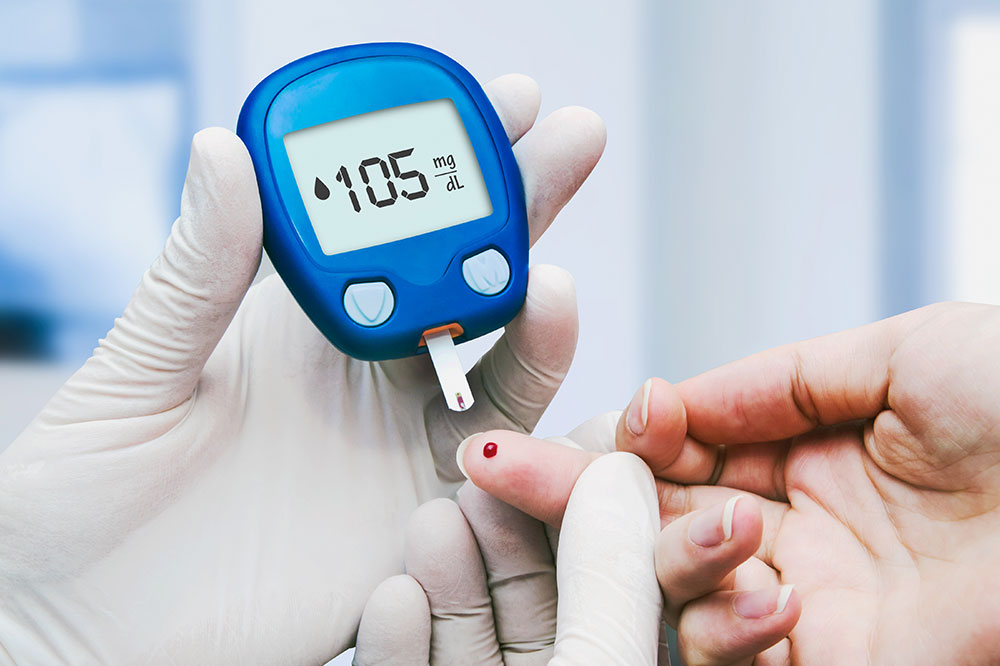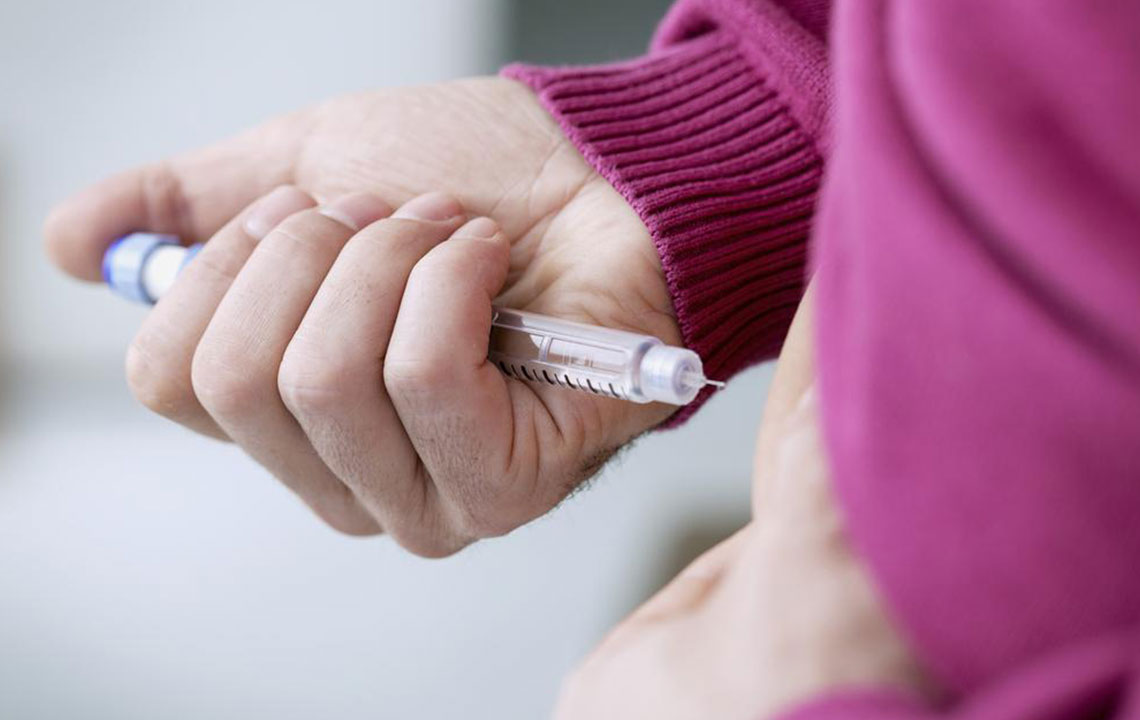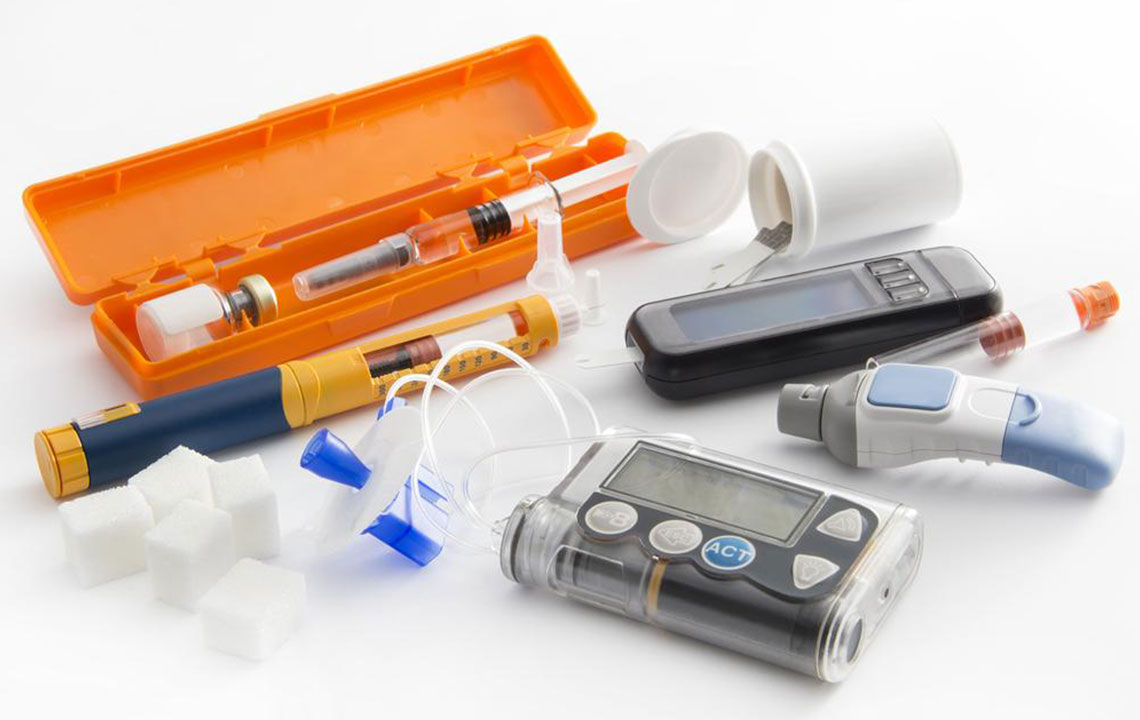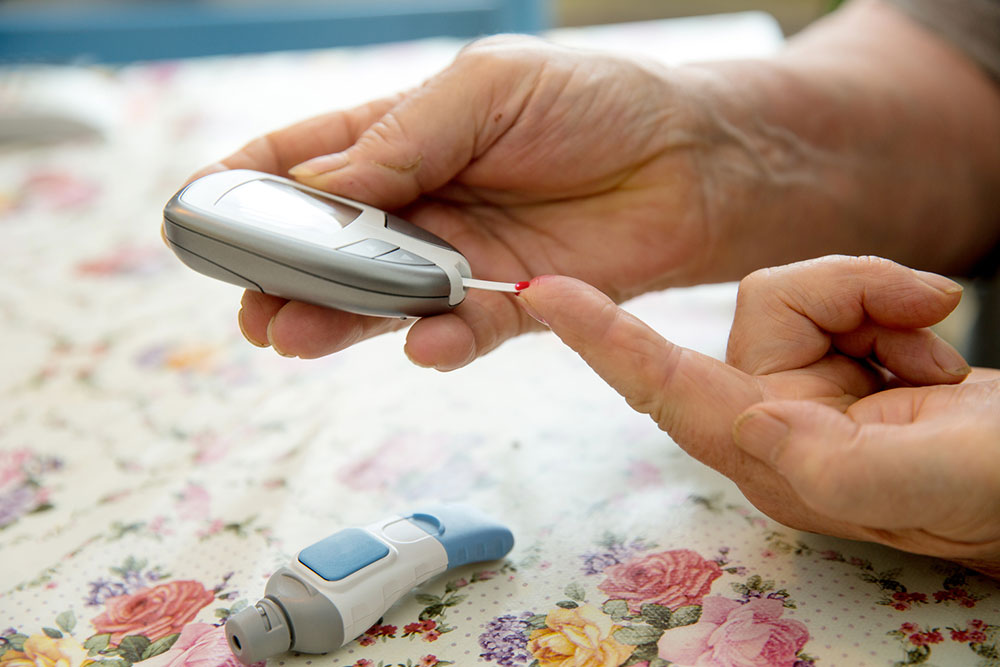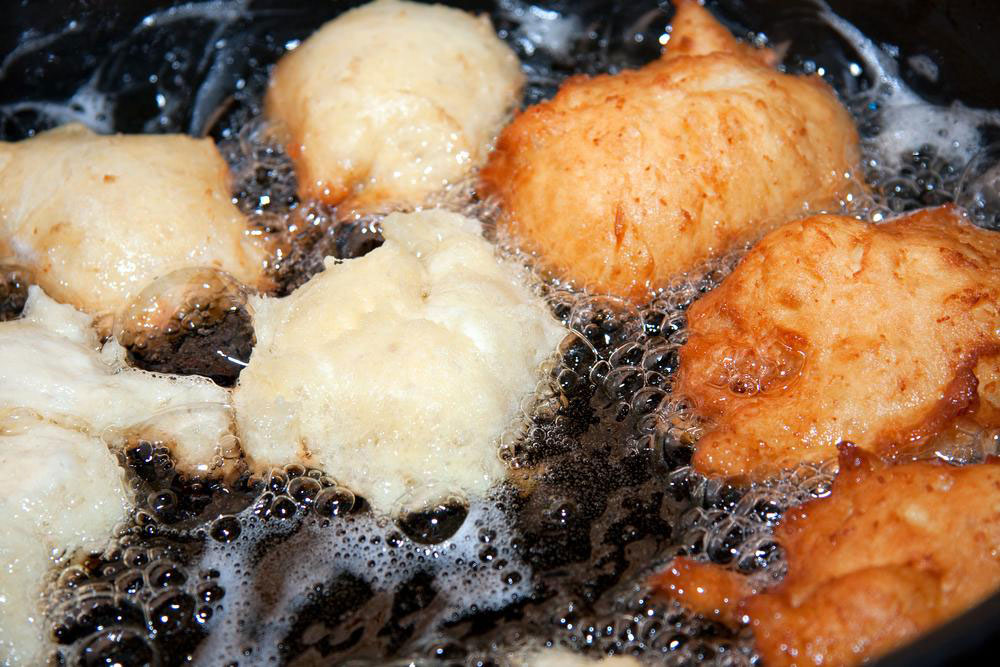Comprehensive Guide on Foods to Avoid for People with Diabetes
This comprehensive guide provides essential information for individuals with diabetes on foods to avoid or limit. It emphasizes the importance of managing sugar intake from beverages, processed foods, and refined carbs to maintain blood sugar levels and prevent complications. Practical tips and healthier alternatives are also discussed, making it a valuable resource for better diabetes management and overall health improvement.

Essential Dietary Tips: Foods to Limit When Managing Diabetes Effectively
Managing diabetes efficiently extends beyond simply following prescribed medication regimens. A vital component of effective management is adhering to a well-balanced, nutritious diet. Proper dietary choices can significantly influence blood sugar levels, help prevent complications, and promote overall health. For those living with diabetes, it is crucial to identify and limit foods that can cause blood glucose spikes or worsen metabolic health. This comprehensive guide explores the primary foods to avoid or consume minimally to maintain optimal blood sugar control and reduce the risk of developing associated health issues such as cardiovascular disease, kidney problems, and vision impairment.
Sugary Beverages and Drinks High in Sugar
One of the most common dietary pitfalls for diabetics is consuming beverages loaded with sugars. Soft drinks, sweetened teas, fruit punches, and energy drinks contain high amounts of added sugars and fructose. These components cause rapid spikes in blood glucose levels, making insulin management more challenging. Additionally, regular intake of sugary drinks increases risk factors for fatty liver disease and promotes visceral fat accumulation, which interferes with metabolic functions and insulin sensitivity. Replacing these with water, herbal teas, or infused waters with fresh fruit or herbs can help keep blood sugar levels stable and support overall health.
Consuming high-sugar beverages not only impacts blood sugar levels but also significantly raises the risk of complications such as fatty liver, insulin resistance, and cardiovascular disease. These drinks contribute to increased visceral fat, which surrounds vital organs and disrupts metabolic processes, fostering an environment conducive to chronic health conditions. Prioritizing hydration with plain water, sparkling water without added sugars, or unsweetened herbal infusions is highly recommended for managing diabetes effectively.
Trans Fats and Their Detrimental Effects
Found in margarine, processed spreads, baked goods, snack foods, and fast-food items, trans fats are known to be highly inflammatory. Although they do not directly elevate blood sugar levels, trans fats contribute to increased inflammation and belly fat development, which impair insulin sensitivity. They also harm arterial health, heightening the risk for cardiovascular diseases, a common complication for diabetics. Checking labels for partially hydrogenated oils and avoiding foods containing trans fats is vital for maintaining metabolic health and reducing disease risk.
Refined Carbohydrates and Simple Starches
White bread, white rice, pasta made from refined flour, and processed snack foods are rich in simple carbohydrates. These foods cause quick and significant increases in blood glucose levels because they are absorbed rapidly into the bloodstream. Frequent consumption of refined carbs can lead to insulin resistance over time, exacerbating diabetic symptoms. Replacing such foods with whole grains, such as oats, quinoa, or brown rice, can help stabilize glucose levels and promote better metabolic health. It is advisable to read labels carefully and limit foods that contain refined white flour and high-fructose corn syrup.
High-Sugar Dairy Products
Many flavored dairy products, including fruit-flavored yogurts and sweetened milkshakes, contain added sugars that can destabilize blood sugar levels. These products often have more sugar than most desserts and can contribute to weight gain, increased triglycerides, and other metabolic disturbances. Instead, opt for plain, full-fat yogurt, which contains beneficial probiotics that support gut health. Unsweetened almond or soy milk can also be good alternatives. Avoiding high-sugar dairy options allows for better blood sugar management while supporting digestive health and maintaining a healthy weight.
Fried and Fast Foods
Deep-fried foods like French fries, fried chicken, and various packaged snack items are high in unhealthy fats and produce harmful compounds such as aldehydes during cooking. These compounds increase inflammation and oxidative stress, thereby elevating the risk of diabetes-related complications. Regular consumption of fast foods and fried items contributes to weight gain and worsens insulin resistance. To promote better health, it is recommended to choose baked, grilled, or steamed foods and limit intake of greasy fast food options.
Sugary Breakfast Cereals
Breakfast cereals loaded with sugar and lacking adequate protein content can cause rapid blood glucose spikes and subsequent crashes. These fluctuations lead to increased hunger and overeating, making weight management more difficult. Reading labels for added sugars and choosing cereals high in fiber and protein help maintain stable blood sugar levels. Alternatively, preparing homemade oatmeal or chia seed puddings can provide a nutritious, satisfying breakfast for diabetics.
Flavored Coffee and Caffeinated Drinks
Specialty coffee beverages from cafes, including flavored lattes and frappuccinos, often contain added sugars, whipped cream, and high-calorie syrups. These can significantly increase calorie intake and cause blood sugar spikes. Opting for black coffee, unsweetened brewed coffee, or adding a splash of milk or unsweetened plant-based milk helps keep these drinks healthier and more suitable for blood sugar control.
Natural Sweeteners and Concentrated Sugars
While natural sweeteners like honey, maple syrup, and agave nectar are often viewed as healthier alternatives, they contain high concentrations of sugars that can lead to rapid increases in blood glucose levels. Although they have some nutritional benefits, their intake should be moderate and limited for diabetics. Using small quantities or opting for non-caloric sweeteners can help satisfy sweet cravings without destabilizing blood sugar levels.
Dry Fruits and Concentrated Nutritious Sugars
Although dried fruits such as raisins, dates, and apricots are nutrient-dense, they contain concentrated natural sugars. Excessive consumption can lead to elevated blood glucose levels and weight gain. Choosing fresh fruit options like berries, apples, or pears provides essential nutrients without the high sugar load. Moderation is key when incorporating dried fruits into a diabetic diet.
Processed Snacks and Fast-Digesting Carbohydrates
Processed snack foods like pretzels, crackers, and chips are often made from refined flour and contain rapid-digesting carbs that cause quick blood sugar rises. These foods tend to be calorie-dense and can contribute to weight gain. Healthier snack options include nuts, seeds, and fresh low-carb vegetables such as celery, cucumber, and bell peppers. Making mindful snack choices can help maintain stable blood glucose levels and support weight management goals.

